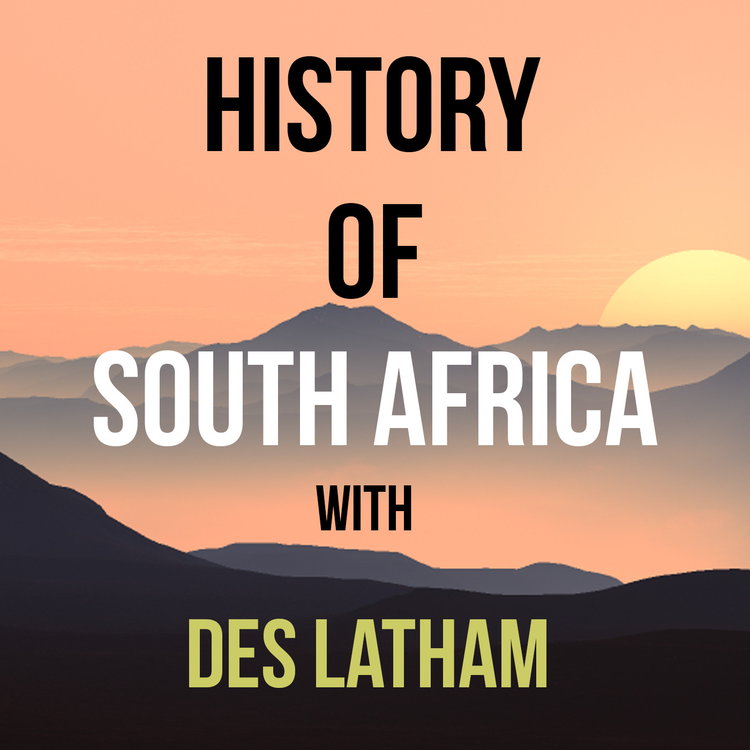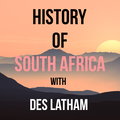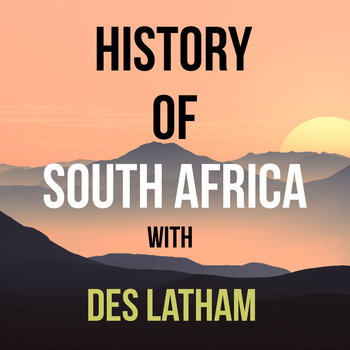
Episode 22 – Islam at the Cape, Adam Tas vs the Governor and a radical new land policy
Loading player...
This is episode 22 and we’re dealing with a number of things. First is the arrival in the Cape of an influential Muslim Cleric called Sheik Yusufs al-Taj al-Khwalwari al-Maqasari who was to have a major impact on the colony.
We’ll also hear about what was going on across southern Africa in the first two decades of the 18th Century – a time of major change which set the tone for the expansion of colonialism for the next two hundred years.
Shayk Yusufs was exiled to the Cape from his home in Java in 1694 and was settled at Zandvlier on the False Bay Coast along with fifty of his followers. The VOC officials were highly aware of his influence and attempts were made to isolate him from the mass of the Cape population but these failed.
Van der Stel owned a private estate, Vergelegen, which was the foundation of the present day Somerset West and its wine route.
He granted himself the in 1700 and he spent much of the VOC resources on its development. This allowed him an unfair advantage and led to strained relationships with the local “free burghers” as you’ve heard.
His unilateral actions determining who could participate in the monopoly of wine and meat and eventually triggered a revolt amongst the farmers led by a man called Adam Tas.
He was born in Amsterdam and arrived in the Cape in 1697 as a freeburgher to take up quarters with his uncle, Henning Husing. Unlike most burghers, he was well educated and his diary – albeit carefully edited by the VOC later – provides interesting reading.
So in 1714 a momentous decision was taken to permit loan farming or LENINGPLAAT to develop east of the mountains. For a small fee, a farmer was given the use of at least 6000 acres on which to graze his cattle for a specific period of time. This was ideal for stock farmers who could lease two such farms and then leave one to lie fallow.
We’ll also hear about what was going on across southern Africa in the first two decades of the 18th Century – a time of major change which set the tone for the expansion of colonialism for the next two hundred years.
Shayk Yusufs was exiled to the Cape from his home in Java in 1694 and was settled at Zandvlier on the False Bay Coast along with fifty of his followers. The VOC officials were highly aware of his influence and attempts were made to isolate him from the mass of the Cape population but these failed.
Van der Stel owned a private estate, Vergelegen, which was the foundation of the present day Somerset West and its wine route.
He granted himself the in 1700 and he spent much of the VOC resources on its development. This allowed him an unfair advantage and led to strained relationships with the local “free burghers” as you’ve heard.
His unilateral actions determining who could participate in the monopoly of wine and meat and eventually triggered a revolt amongst the farmers led by a man called Adam Tas.
He was born in Amsterdam and arrived in the Cape in 1697 as a freeburgher to take up quarters with his uncle, Henning Husing. Unlike most burghers, he was well educated and his diary – albeit carefully edited by the VOC later – provides interesting reading.
So in 1714 a momentous decision was taken to permit loan farming or LENINGPLAAT to develop east of the mountains. For a small fee, a farmer was given the use of at least 6000 acres on which to graze his cattle for a specific period of time. This was ideal for stock farmers who could lease two such farms and then leave one to lie fallow.

